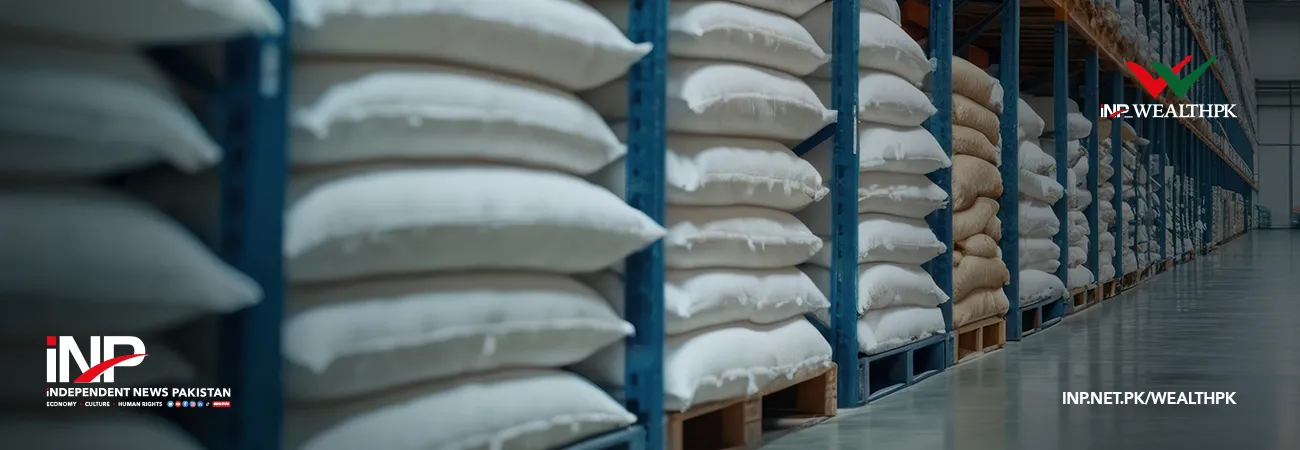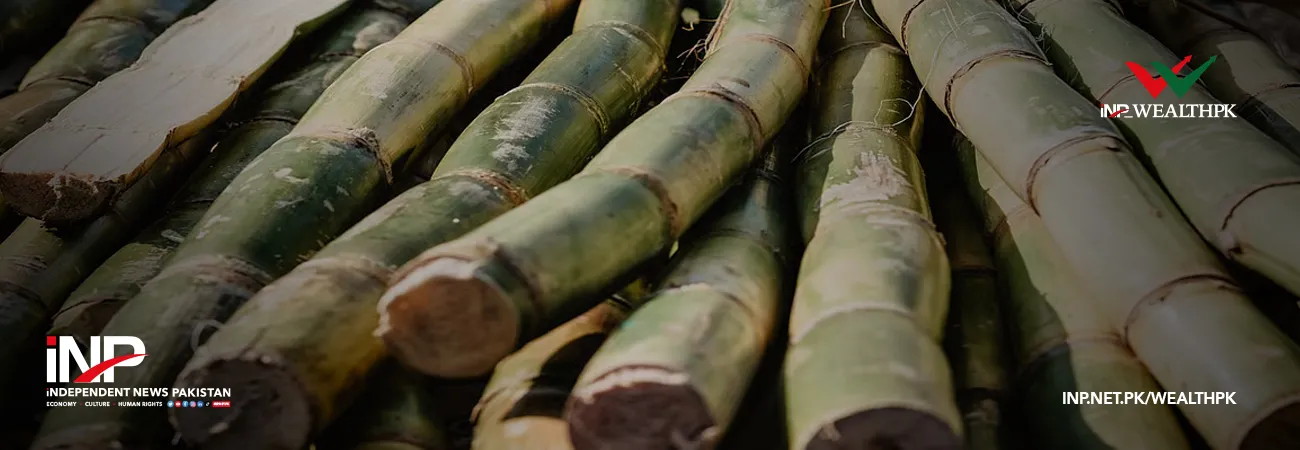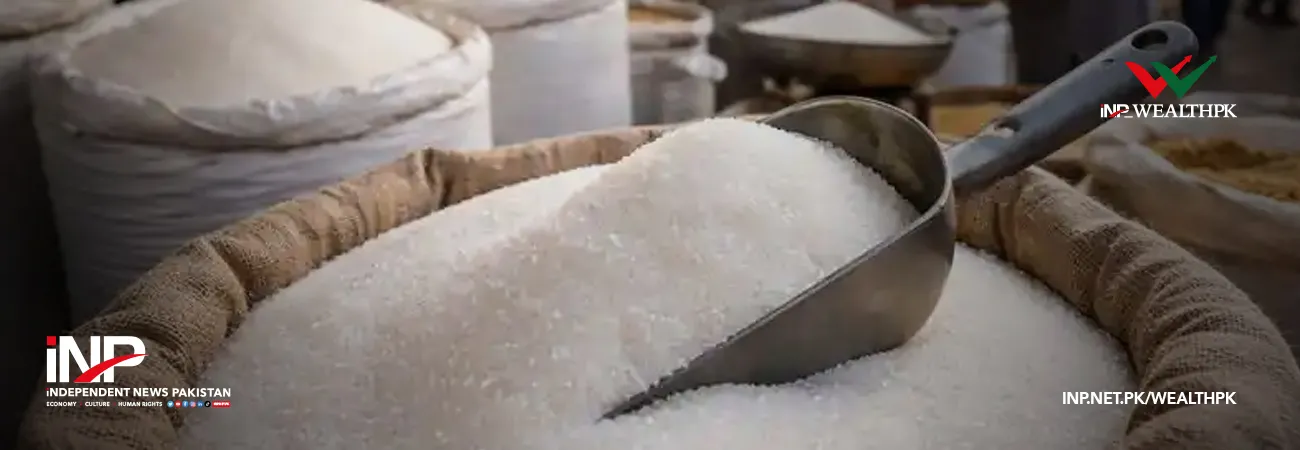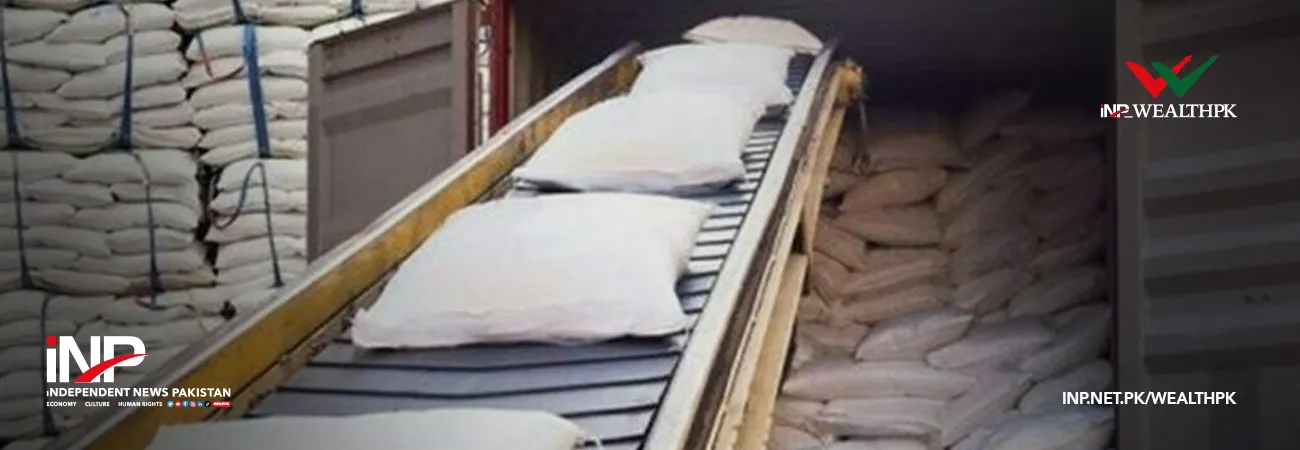INP-WealthPk
BEIJING, Dec 23 (INP): China and International Network for Bamboo and Rattan (INBAR) are ready to help Pakistan research suitable bamboo species and share relevant technology, equipment and experience if it wants to develop bamboo industry to alleviate poverty.
This will help Pakistan accelerate poverty alleviation and prosperity,” Lu WenMing, deputy director general of INBAR said.
In an interview to Gwadar Pro, he said the bamboo and rattan industry are best source ti alleviate poverty under the framework of BRI and INBAR.
According to the report, the Bamboo and rattan industry is reckoned as one of the most important approaches to alleviating poverty in China and several BRI countries.
On November 2021, the national flag of Pakistan was raised in front of the International Network for Bamboo and Rattan (INBAR)’s headquarters.
Why can bamboo reduce poverty efficiently? First, bamboo grows fast and can regenerate quickly with physical properties similar to or better than wood. It takes years to grow wood, whereas bamboo's growth cycle takes only a few months. This means that farmers can make money faster by growing bamboo than by growing wood.
Second, bamboo can be used more than other trees, and even the whole plant, including its roots, stems and leaves, can be used. In addition to being used as handicrafts materials and building materials to replace plastic, wood and steel, its fibers can be made into new sheets for infrastructure. Bamboo roots can be used for carving and bamboo leaves can be used to make chemical products.
Bamboo can also be made into bamboo charcoal, biomass fuel, feed and so on. This has led to a huge market for bamboo. In addition to selling or even exporting raw bamboo, farmers can also learn processing techniques such as bamboo weaving, thus increasing the added value of bamboo products and thus earning more profits.
Finally, the bamboo industry can achieve sustainable development and poverty reduction. The industry is labor-intensive, which is appropriate for Pakistan. At the same time, its features of low carbon environmental protection also fully match Pakistan's current national strategy.
The approach of farming bamboo to alleviate poverty has been successful in China and several BRI countries.
According to Inbar, in China, government and private sector investments in the bamboo sector have resulted in significant socio-economic benefits, especially in poverty alleviation.
China, with 7 million hectares of bamboo forests, is the largest producer of bamboo and rattan products. China’s bamboo sector employs over 10 million people, bringing millions of people out of poverty, and is valued at almost USD 50 billion.
The Government of China has been using bamboo as a means for poverty alleviation, rural revitalization and environmental protection for several decades.
Since INBAR’s establishment in 1997, the organization has promoted people-to-people exchanges across its member countries.
Pakistan will also benefit from this collaboration. In 2020, INBAR continued to work on pilot projects across a number of its member states, including improving smallholder farmers’ livelihoods with bamboo in Africa, which aims to enhance incomes, livelihoods and climate change adaptive capacities of African smallholder farmers, women and youth by upscaling and increasing their participation in climate-smart bamboo value chains.
INP/javed













